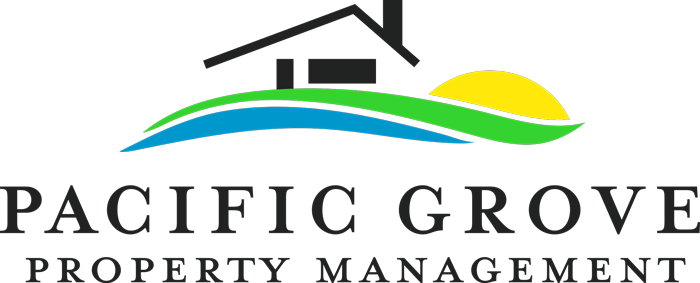November 2023 Blog
California legislation that limits security deposits to one month’s rent for both furnished and unfurnished units was signed into law Wednesday by Gov. Gavin Newsom.
The bill, AB 12, was authored by Assemblyman Matt Haney, D-San Francisco; it passed both the Senate and the Assembly houses in September. The legislation introduces a notable shift from existing law, under which landlords can charge up to two months’ rent for an unfurnished unit and three months’ rent for a furnished one.
The law does make an exception for some small landlords, as defined, if they own no more than two residential rental properties that collectively include no more than four dwelling units offered for rent. In addition to owning a limited number of units, the owner must hold the property as a natural person, a limited liability company (in which all members are natural persons), or as a family trust. Under these conditions, small landlords are permitted to collect up to two months’ rent as a security deposit.
This exception does not apply when the prospective tenant is a military service member, however.
The law won’t take effect until July 1, 2024, providing landlords time to make the necessary adjustments. CAA will provide compliance materials and updated forms prior to the effective date of AB 12.
Hidden Fees Legislation
The Federal Trade Commission (FTC) wants to make sure that companies can’t hide fees from customers. This could affect the rental housing industry. The assembly made a new rule on October 11th that applies to many types of businesses. The goal is to make prices clearer and stop businesses from adding extra charges that customers don’t know about.
Under this rule, all charges, even ones from other companies (like online rental platforms), must be shown to customers when they see the total price. This rule will affect many different businesses.
The FTC has received pressure to get rid of hidden fees in different industries, like renting homes. They found problems like charging tenants many times to apply for a rental, extra fees for paying rent online, and charges that people thought were included in their rent.
For rental housing companies and online platforms, this rule means they must clearly show the total price that customers have to pay. They can’t hide fees anymore, except for some government charges. The total price has to be shown more clearly than any other price, but there are no specific rules about how to show it.
In California, they tried to make a law called SB 611 that would force rental property ads to show all fees. But this law was delayed until 2024. They didn’t like that it would make property owners tell customers about extra fees based on how they use the property.
The FTC’s new rules also say that businesses, including rental housing providers, can’t lie about what a fee is for. They have to be clear about what the fee is and if you have the right to a refund.
The FTC also says that state laws are still important, and their rule doesn’t change those laws, unless there’s a conflict.
